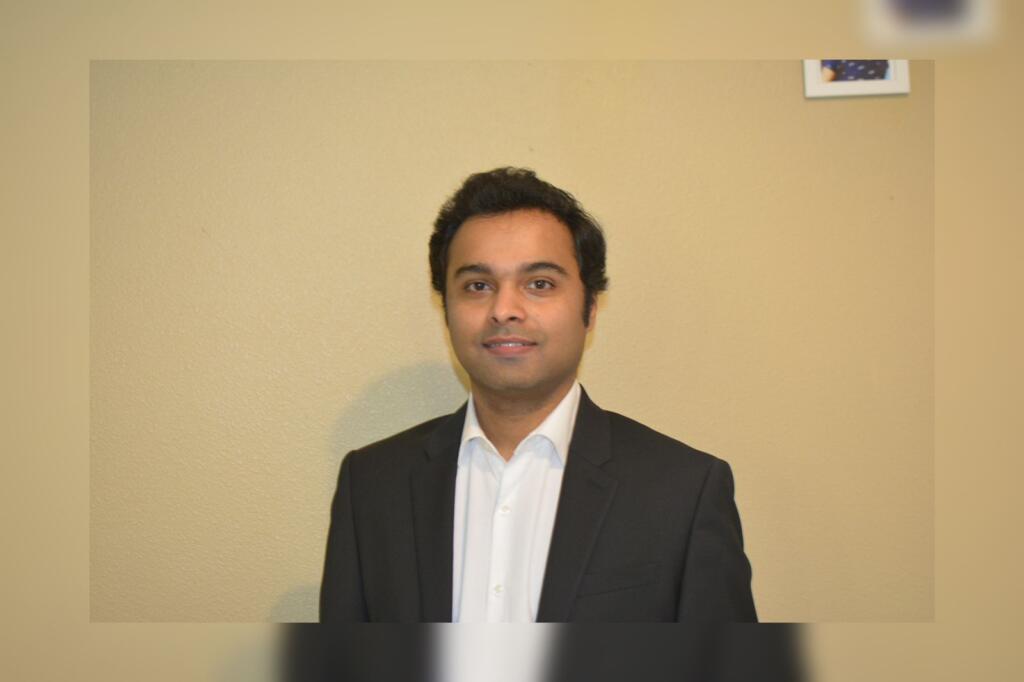Enterprise Resource Planning (ERP) systems are redefining how businesses manage their core financial and operational functions. In particular, ERP solutions are proving to be invaluable in streamlining procure-to-pay (P2P) and financial reporting processes, allowing organizations to optimize efficiency, reduce costs, and improve accuracy across their financial operations. As companies grapple with increasing regulatory demands and the need for real-time financial insights, ERP systems provide an integrated platform that enhances decision-making, simplifies workflows, and ensures compliance. By automating complex financial tasks, these systems enable organizations to navigate the complexities of modern business landscapes with greater agility and precision.
Thejas Prasad, an expert in ERP Financials, has played a critical role in driving these innovations across various global implementations. His extensive experience includes leading multiple full life cycle ERP Financials projects across India, Mexico, and the United States, establishing him as a leading architect in this space. Prasad’s achievements in ERP implementations span crucial modules such as General Ledger, Fixed Assets, Payables, Receivables, and Cash Management. His consistently maintained Oracle ERP Expert level Certifications further underscore his commitment to mastering the complexities of these systems.
His impact within his organization is evidenced by the implementation of journal entry automation within the General Ledger module, which significantly enhanced the financial close process. This automation was particularly transformative for the finance teams, enabling a substantial reduction in manual effort and accelerating financial reporting timelines. The automation solution delivered a host of benefits, including increased efficiency, optimal resource utilization, and substantial cost savings. By eliminating repetitive manual tasks, it allowed finance professionals to focus on strategic analysis and decision-making, fostering a more agile and responsive financial environment.
Among his notable projects, Thejas led the implementation of a General Ledger Journal creation automation solution, which streamlined the period close process and addressed critical challenges faced by his organization. This pioneering project was implemented successfully despite the absence of prior references, showcasing Prasad’s ability to innovate in high-risk, complex environments. The solution drastically reduced the volume of manual journal entries required each month, saving significant hours for the finance team and enhancing overall productivity.
His expertise also extends to major ERP transformations, including the upgrade of legacy systems to modern ERP platforms. His work on large-scale implementations and financial transformations in global settings has consistently delivered measurable outcomes, such as accelerated month-end closes, enhanced financial data accuracy, and improved stakeholder confidence in reporting. His projects have not only optimized financial operations but also driven significant improvements in business processes, reinforcing the strategic value of ERP solutions.
A key insight from his experience is the importance of having a skilled support team to manage ongoing ERP enhancements and ensure timely resolution of production issues. For organizations implementing ERP systems, maintaining an efficient support structure is crucial to realizing long-term benefits and achieving financial and operational goals. His forward-looking approach emphasizes the need for continuous improvement and adaptation in ERP environments, positioning businesses to stay competitive and responsive in a rapidly changing market.
Thejas’s work is a testament to the transformative potential of ERP systems in financial management. By leveraging these technologies, organizations can streamline their P2P and financial reporting processes, achieve greater accuracy, and drive operational excellence. His contributions not only highlight the value of ERP in modern finance but also set a benchmark for best practices in the implementation and optimization of these critical business systems.
